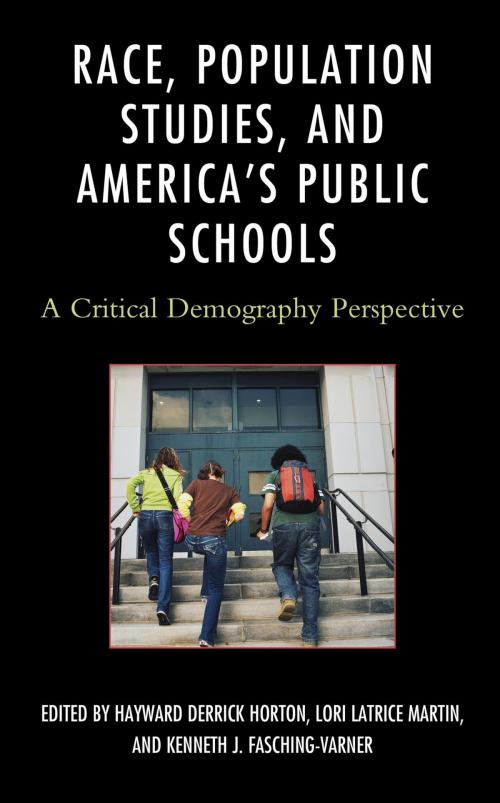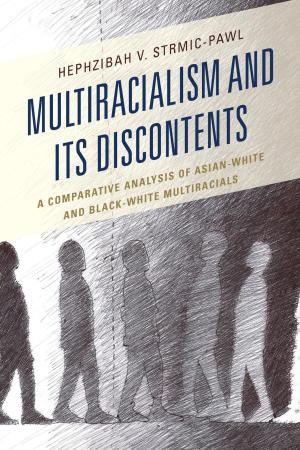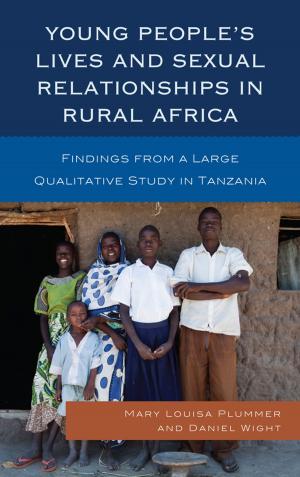Race, Population Studies, and America's Public Schools
A Critical Demography Perspective
Nonfiction, Reference & Language, Education & Teaching| Author: | Alice T. Crowe, Trish Davis, Latrisha Y. Dean, Kenneth J. Fasching-Varner, Hayward Derrick Horton, Kimberly R. James, Derrick Lathan, Lori Latrice Martin, Ashley Maryland, Veta E. Parker, Julia M. F. Schwartz, Michael J. Seaberry, Danielle Thomas, Chau Vu, Geoffrey L. Wood, Shufang Yang | ISBN: | 9781498549004 |
| Publisher: | Lexington Books | Publication: | December 8, 2016 |
| Imprint: | Lexington Books | Language: | English |
| Author: | Alice T. Crowe, Trish Davis, Latrisha Y. Dean, Kenneth J. Fasching-Varner, Hayward Derrick Horton, Kimberly R. James, Derrick Lathan, Lori Latrice Martin, Ashley Maryland, Veta E. Parker, Julia M. F. Schwartz, Michael J. Seaberry, Danielle Thomas, Chau Vu, Geoffrey L. Wood, Shufang Yang |
| ISBN: | 9781498549004 |
| Publisher: | Lexington Books |
| Publication: | December 8, 2016 |
| Imprint: | Lexington Books |
| Language: | English |
Race, Population Studies, and America's Public Schools: A Critical Demography Perspective explores the paradigm of critical demography—established in the late 1990s which articulates the manner in which the social structure differentiates dominant and subordinate populations. Moreover, critical demography necessitates explicit discussions and examinations of the nature of power and how it perpetuates the existing social order. Hence, in the case of race in education, it is imperative that racism is central to the analysis. Racism elucidates that which often goes ignored or unexplained by conventional scholars. Consequently, the critical demography paradigm fills an important void in the study of public education in American schools.
Race, Population Studies, and America's Public Schools: A Critical Demography Perspective explores the paradigm of critical demography—established in the late 1990s which articulates the manner in which the social structure differentiates dominant and subordinate populations. Moreover, critical demography necessitates explicit discussions and examinations of the nature of power and how it perpetuates the existing social order. Hence, in the case of race in education, it is imperative that racism is central to the analysis. Racism elucidates that which often goes ignored or unexplained by conventional scholars. Consequently, the critical demography paradigm fills an important void in the study of public education in American schools.















